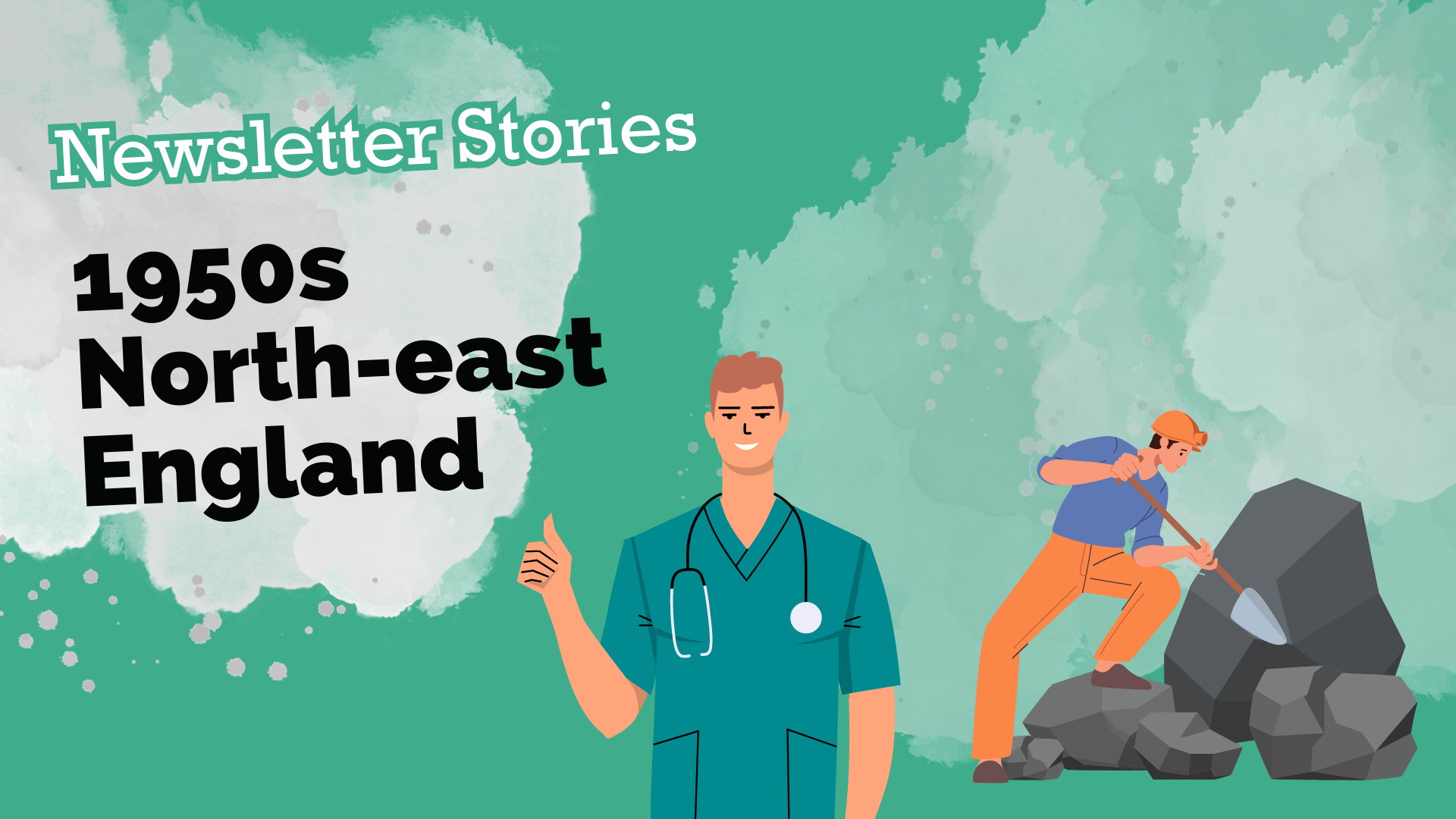1950s North-east England

Coal was king in northeast England when I was growing up, though it was already on the way out and mines and miners were struggling. Everything was covered in coal dust and soot. You couldn’t blow your nose without leaving the handkerchief smutty, in the correct meaning of the word. My father’s family were coalminers, but Dad had been trained as a nurse by the Royal Air Force in World War 2 and he transitioned to civilian nursing when the war ended. He had no wish to go down any mines or return to the shipyards, the northeast’s other big employer.
Regular hospitals weren’t ready for male nurses in the 1950s, so the only openings available were in the mental health field, which was fortuitous because the war had left many men shellshocked and in need of care, on top of all the usual human mental health problems. I’m glad he decided on mental health nursing because the hospitals were invariably located in the countryside where the quiet was intended to be part of the treatment. If he hadn’t followed that career path, I’d have grown up in an industrial town or pit village and I’d have missed learning all I learned about the natural world.
Even today, that youthful learning gives great amusement to my fellow walking group members when I stop and help snails and caterpillars across the path to prevent them being trodden on or run down by bikes
